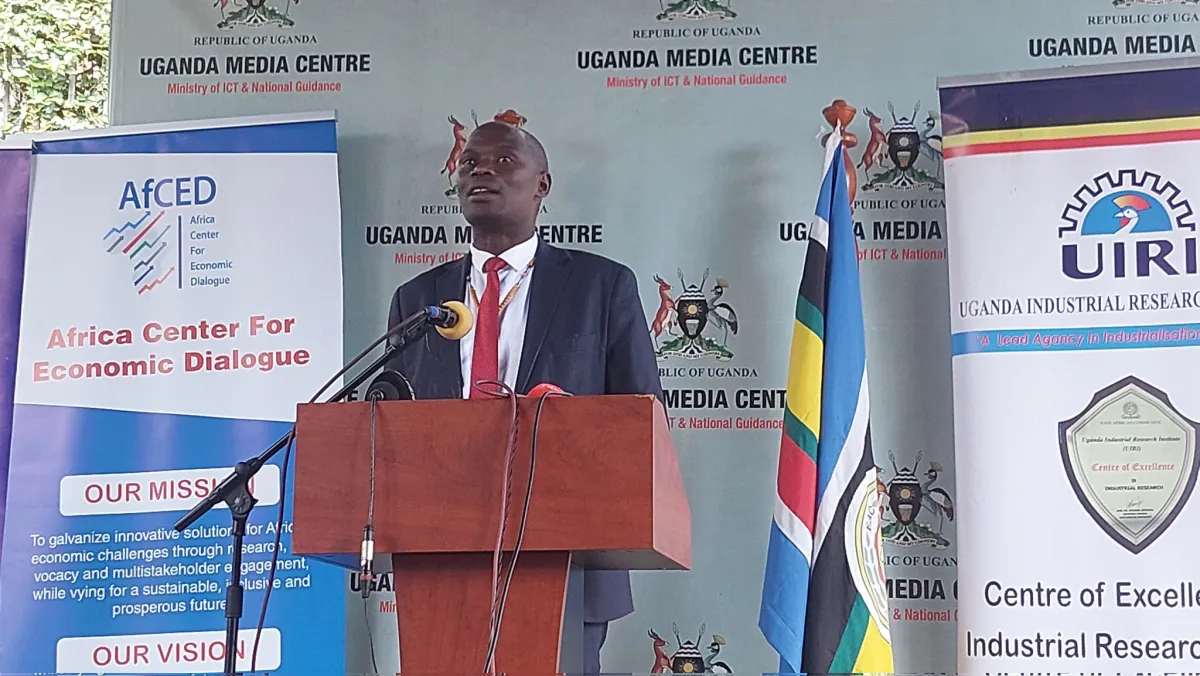Addressing child welfare problems in Africa requires a multi-faceted approach involving governments, non-governmental organizations (NGOs), communities, and individuals.
Here are some strategies that can help improve child welfare in Africa:
1. Strong Legal Framework: Implement and enforce laws that protect children’s rights, including laws against child labor, child trafficking, child marriage, and other forms of abuse.
2. Access to Education: Ensure all children have access to quality education. This includes building schools, training teachers, providing school supplies, and addressing barriers such as poverty and cultural norms that prevent children, especially girls, from attending school.
3. Healthcare Services: Improve access to healthcare services, including vaccinations, nutrition programs, and maternal and child health services to reduce child mortality rates and ensure healthy development.
4. Social Protection Programs: Implement social protection programs such as cash transfers, food assistance, and healthcare subsidies to support vulnerable families and prevent child labor and exploitation.
5. Community Engagement: Engage communities in child welfare initiatives to raise awareness, change harmful cultural practices, and promote positive parenting practices.
6. Child Protection Services: Strengthen child protection services by training social workers, establishing child helplines, and creating safe spaces for children who are victims of abuse, exploitation, or neglect.
7. Poverty Alleviation: Address the root causes of child welfare issues by implementing poverty alleviation programs, creating job opportunities for parents, and improving access to basic services such as clean water and sanitation.
8. Preventive Healthcare: Focus on preventive healthcare measures such as vaccinations, nutrition education, and early childhood development programs to ensure children grow up healthy and strong.
9. Education and Training: Provide training for parents, caregivers, and community leaders on child rights, child development, positive discipline, and other relevant topics to promote a supportive environment for children.
10. Monitoring and Evaluation: Establish mechanisms to monitor and evaluate the effectiveness of child welfare programs to ensure they are meeting the needs of children and families.
By implementing these strategies and working together at the community, national, and international levels, Africa can make significant progress in addressing its child welfare problems and ensuring a brighter future for its children.




















